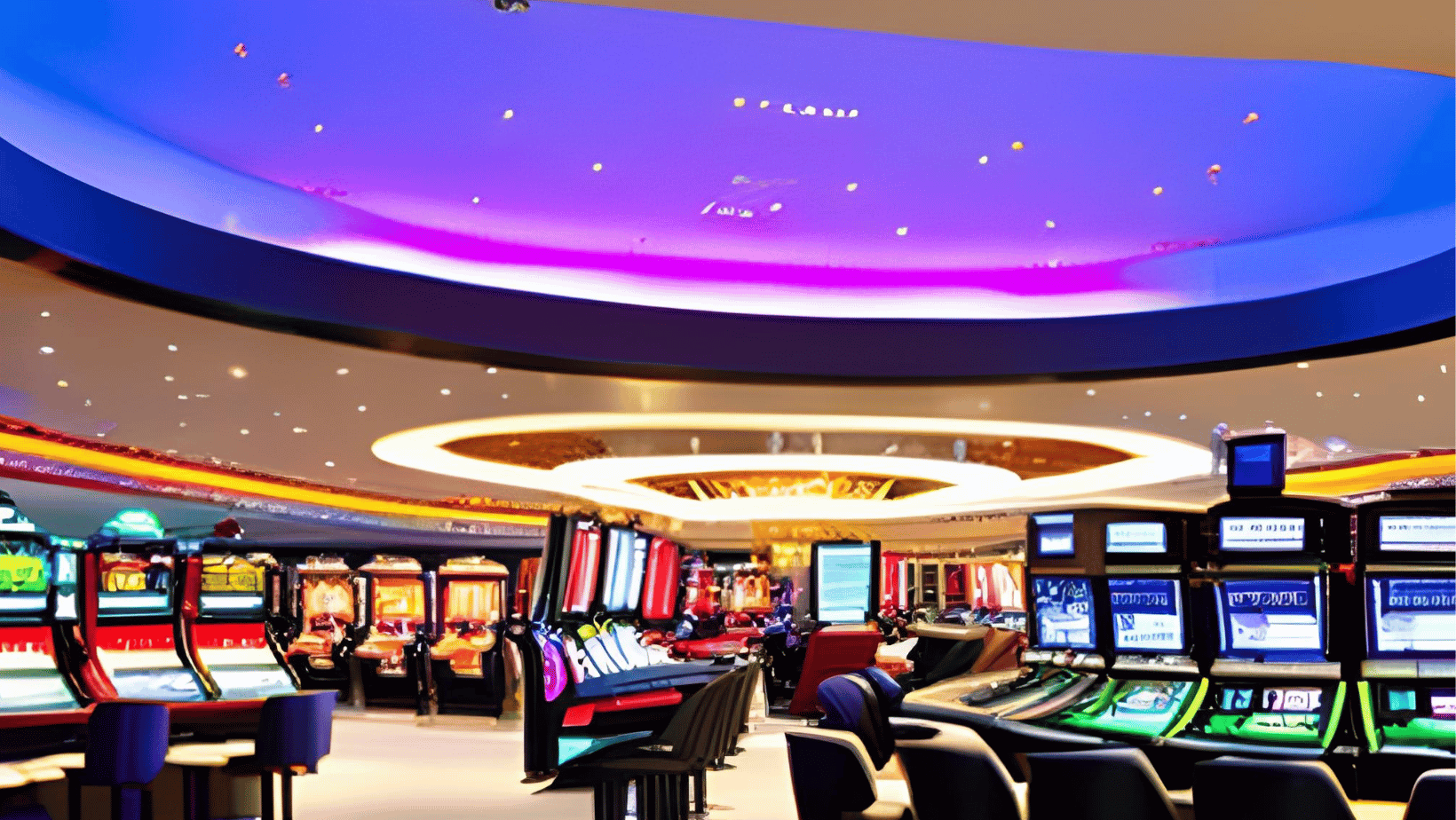Casino games have long captured the imagination of individuals around the world, becoming an important part of both leisure and culture. From the glimmering lights of the Vegas Strip to the engaging experience of internet gambling, these experiences evoke enthusiasm, danger, and sometimes even a sense of nostalgia. They are more than simply hobbies; they have woven themselves into the texture of society, influencing everything from movies and melodies to clothing and writing.
The appeal of casino games transcends the betting aspect, tapping into larger themes of fortune, chance, and social interaction. As players convene around a gaming table or rotate the roulette wheel, they engage in an timeless ritual that echoes with our communal desire for excitement and instability. This captivation has led to the emergence of numerous references in movies, tracks, and electronic games, showcasing how deeply entrenched these pastimes are in popular culture. Whether it is the high-stakes tension of a legendary heist movie or the colorful nightlife portrayed in videos, casino games have carved out a substantial place that reflects our connection with reward.
Historical Impact of Casino Games
Gambling activities have played a crucial role in cultural contexts throughout history. Originating from old societies, games of chance were often connected to ceremonies or events. For example, early iterations of these activities can be traced back to ancient Chinese and the Romans, where dice games and betting on outcomes were common pastimes. These games not only served as leisure but also as means of connecting people, facilitating relationships among individuals within societies.
As societies evolved, so did the sophistication and structure of gambling games. The creation of formal casinos in the 17th century, particularly in Italy, marked a major shift in how games were viewed and organized. With designated spaces for gambling, the casino became a social hub where patrons from different backgrounds gathered. This evolution contributed to the legitimization of gambling, transforming it from a mere pastime into an established industry that influenced economy and regulations. https://bj88us.com/
The effect of casino games on popular culture cannot be overlooked. As they were popularized in literature and film, games such as poker and blackjack became symbols of chance, chance, and strategy. Famous figures and narratives have developed around these games, reflecting societal views towards fortune, wealth, and immorality. This fascination with casino games has infiltrated various forms of media, solidifying their place in the public imagination and connecting them to broader cultural stories throughout the ages.
Representation of Gambling Games in Entertainment
Casino activities have long been a popular topic in different types of entertainment, reflecting both the thrill and intricacies of the world of gambling. Films such as Ocean’s 11 and Casino Royale portray figures who navigate intense situations, showcasing not only the appeal of the gambling environment but also the methods and choices that come with playing popular games like Texas Hold’em and 21. These films often dramatize the exhilaration of winning and the potential results of losing, encapsulating the risks involved in gambling.
TV programs have also explored the world of casino games, often integrating them into the narrative as a setting for character arcs and conflict. Shows like Las Vegas depict the stories of casino workers and casino-goers, highlighting the dynamic, often disorderly energy of the casino floor. Docuseries featuring high-stakes betting contests further emphasize the appeal of casino games, drawing viewers into the tension and planning involved in each round. Through these depictions, media not only engages but also prompts conversations about fortune, expertise, and the essence of randomness.
Video games have increasingly incorporated gambling activities into their design, allowing players to experience the feeling of gambling without financial risk. Games within the realm of online gaming often include virtual slots, online poker, and other casino favorites, creating an interactive experience that mirrors real-life gameplay. These digital representations make casino games accessible to a global audience, appealing to both gamblers and those who enjoy the rush of virtual experiences. As a result, the portrayal of casino games in media continues to shape societal views and cultural significance, highlighting their place in society and the cultural landscape.
Impact of Gambling Activities on Communities
Gambling activities have a meaningful impact on communities, influencing various facets of culture and interpersonal behavior. They often function as a platform for social interaction, where people gather to enjoy a common experience. Casino trips with friends or trips to casinos become social activities that build connections and create shared moments. This communal aspect enhances the entertainment value of gambling activities, making them a popular choice for celebrations and recreational pursuits.
Additionally, gambling activities have been depicted in numerous movies, TV series, and literature, shaping perceptions and attitudes towards gaming and betting. Icons like James Bond competing in baccarat or the intense poker scenes in films have cemented these games in the shared imagination. This representation often idealizes the lifestyle associated with gambling, drawing in new players and influencing trends in both style and conduct. These portrayals can ignite curiosity and lead to a deeper exploration of the intricacies of gaming.
However, there are also adverse implications linked to the popularity of casino games. The allure of quick monetary gain can lead to gambling addiction and economic troubles for some individuals. Society must grapple with these consequences, promoting responsible gaming and awareness of the dangers involved. Balancing the entertainment value of casino games with the potential for harm is vital to ensure that they remain a positive aspect of our cultural landscape.
